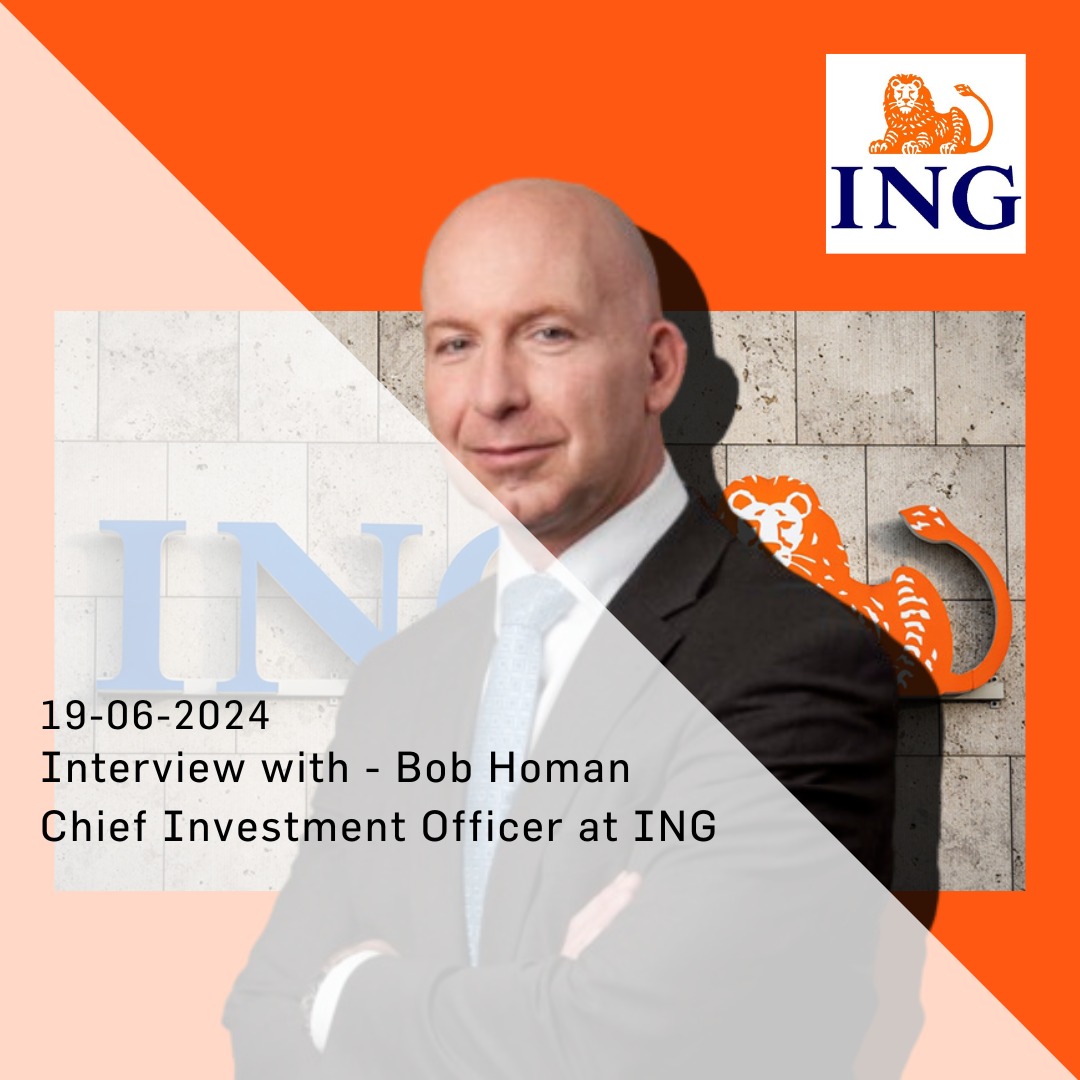Preparation for the eleventh edition of Investment Night began in early September. When we as a committee met for the first time at the beginning of

The normal world and so also in the financial world are characterized by the action-reaction principle; one party or person does something and others responds. For example, a company comes up with figures on which the market reacts. Since markets are manipulated with huge amounts (QE measures) by governments and central banks, reactions are sometimes strange or there is no response as you would expect. It is not a surprise that the market reacts to the fact that the interference will be reduced in the future (dampen), the possible exit strategy FED.
Before I’m going to talk about the interest rate effects of the possible exit, I will reflect on the laws and regulations which the government has which has a great influence on the market. Just think of the tax rebate on mortgage interest on the housing market. Another example are the new rules for intermediaries in the insurance industry. In former times, the intermediary received a continuous fee (kickback), for example, an investment insurance. Nowadays, the customer has to pay the hours of the consultant in advance, without knowing what the advice is going to be. For larger capacities (above one hundred thousand euro) it is commercially viable to pay the fee but for a small fortune, for example 15,000 euros (which is still a large sum to save for many people) the amount is proportional already a huge amount.
In my view it is comparable to a customer who walks into a BMW garage, who does not know yet what car he wants and has to pay already 3,000 euros for the offer. You could say that it is quite bizarre and unimaginable, you wouldn’t go to the garage again, but what is the difference between a real and a financial product? I think there are no significant economic differences. But why should there be a continuous fee or a profit for the consultant, while the other is not allowed and will be labeled as pervert? That these changes have a major impact on society and the financial world is underestimated.
We probably don’t reach an agreement about this discussion, and it’s a futile effort anyway, since the rules have already been changed and many intermediaries have a lot of problems already. Something I’ve already discussed in earlier columns are the effects we will see with asset managers next year. To not become very grumpy, I’d like to talk about something we still have to influence, namely the low interest rates. A low interest rate gives a boost to the stock market. For example, there is speculation with borrowed money, but we also learned from the AFM that if we want to borrow money, it costs us money. Securing low interest rates seem harmless and good for everyone, but regardless of the impact on pensions there is the effect of people who are willing to take risks (people want to be less risk averse to get a higher return). In addition, it creates great effects when you stop with low interest rates. The effects in a percentage are huge and so you get just an extra-large effect.
The effect is not just for people in debt who suddenly have to pay much more, but also for people who have debt securities (bonds) of other people, they all have to deal with the large effects. The price of the bonds is a result of the revenues of the companies. If the interest rate increases, the revenues will relatively be less and the interest rate will decrease. Defensive portfolios with many bonds are in the current low interest rates not as harmless as some investors think. Especially bonds with longer maturities (over 10 years) indicate large declines with increasing interest rates.
Historically there has been a high correlation between America and Europe and currently we see the long-term interest rates increase significantly in America. The nice thing about the financial world is that there are products that take advantage of rising interest rates. In America there is the possibility to buy a tracker (TBT) which rises as a lever when the interest rates rise. You can therefore protect yourself (see: your portfolio) as an investor against a rise in interest rates. If you look at the pricing of the TBT over the past few weeks (May / June-red.), you can see that this works. This is possible for example via Yahoo-finance.
If you’re a better investor, you could also use options on the TBT as a protection. You can benefit from comments like from Ben Bernanke about the reduction of the purchase program. Eventually, I believe that many investors need good advice to protect their capital and to earn a return in difficult markets. I therefore hope that something will change, thereby advice will be available again for anyone and not only for the people with large capital.
This column is published in Faces 15.3 April 2014.





















